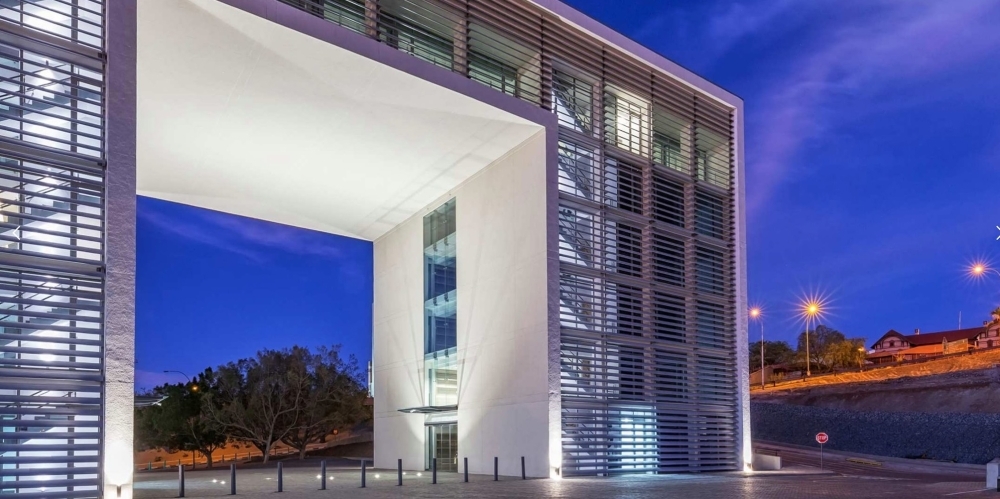‘Windhoek not broke’
Address deficiencies in the 2021 audit report
The capital's financial accounting is almost up to date, according the municipality's chief executive.
The Windhoek municipality's financial affairs are not as troubled as the office of the auditor general's report would like it to appear, according to the chief executive of the municipality, Moses Matyayi.In a statement issued by the City of Windhoek (CoW) yesterday, Matyayi explains that the audit report presented in parliament last week is for the financial year ending 30 June 2021.
According to him, the situation has since improved. Even in terms of the audit report in 2021, it was the first after 12 years in which the capital's finances received a qualified audit report. Before 2021, Windhoek's audit reports included a disclaimer by the auditor general.
The auditor general, Junias Kandjeke, nevertheless qualified the 2021 report due to a housing fund of N$206.3 million for which the city council could not show assets, the lack of evidence for public-private partnerships (PPP) in relation to property, equipment, machinery and loans, and on gains for land transactions of more than N$17 million that were not properly recorded.
Still, Matyayi insists the city council is moving forward with implementing greater transparency and reliability of financial accounting.
'Total compliance'
"We are proud that our financial statement, in accordance with section 87 of the Local Authorities Act of 1992 (Act 23 of 1992) as amended, is close to total compliance," he says.
Furthermore, Matyayi says that the auditor general's office is currently working on the 2022 audit and that "preparations have begun to complete the 2023 audit by the end of this year," he says.
Matyayi admitted that by 30 June 2021, Windhoek's liabilities had exceeded its assets by more than 50 cents for every N$1. However, he says that the municipality is paying attention to it.
"To date, the City of Windhoek has settled all our overdue debts to the creditors, including major suppliers such as NamPower and NamWater, and we are up to date with our current accounts," he says.
The outstanding debt of N$700 million to the government, for a loan that was re-lent, is the subject of ongoing negotiations with the central government, he says.
Without this debt, the ratio between the capital's liabilities and assets would look much better, Matyayi elaborates.
"The city has made significant progress over the past two financial years, which includes effectively limiting our expenses, focusing on our service costs and specifically no salary increases have been granted in the last four years since 2020," says Matyayi.
"We continue to pay creditors and service providers on time," he adds.
Housing
As for the housing fund, Matyayi says the issue was caused by the fact that Windhoek did not have a separate account for it, and therefore repayments were paid into the capital's operating accounts.
"Council has therefore decided to reclassify council housing and retain the Build Together fund, which has merged with the informal settlements upgrade project since the 2020-21 financial year, a step which now ensures that proper accounting practices for the fund," the CEO says.
In terms of PPP land sales, there were differences on accounting standards between the auditor general and Windhoek's city council until 2021, but consensus was reached, and adjustments were implemented from 2022, Matyayi says.
"For now and in the foreseeable future, the City of Windhoek is a going concern. We are actively preparing a financial recovery plan aimed at financial sustainability in the long term," he says. – [email protected]



